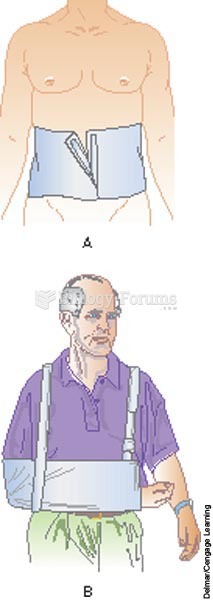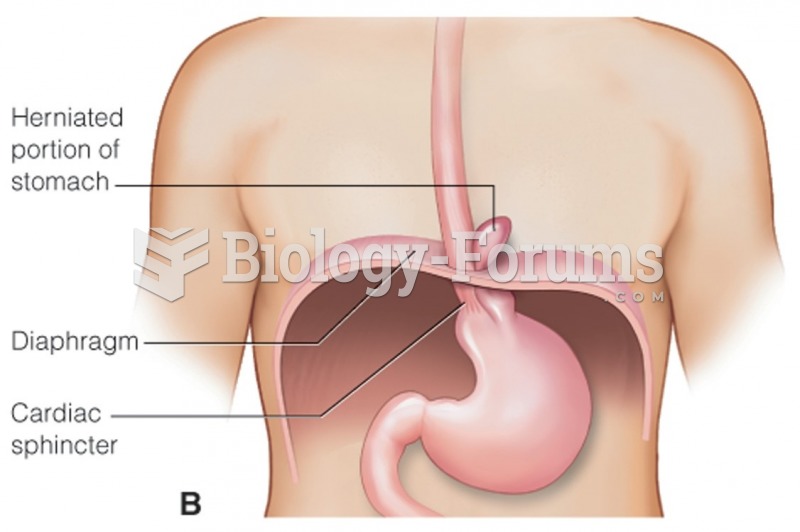|
|
|
Patients who cannot swallow may receive nutrition via a parenteral route—usually, a catheter is inserted through the chest into a large vein going into the heart.
There are over 65,000 known species of protozoa. About 10,000 species are parasitic.
Eat fiber! A diet high in fiber can help lower cholesterol levels by as much as 10%.
Fatal fungal infections may be able to resist newer antifungal drugs. Globally, fungal infections are often fatal due to the lack of access to multiple antifungals, which may be required to be utilized in combination. Single antifungals may not be enough to stop a fungal infection from causing the death of a patient.
Earwax has antimicrobial properties that reduce the viability of bacteria and fungus in the human ear.







